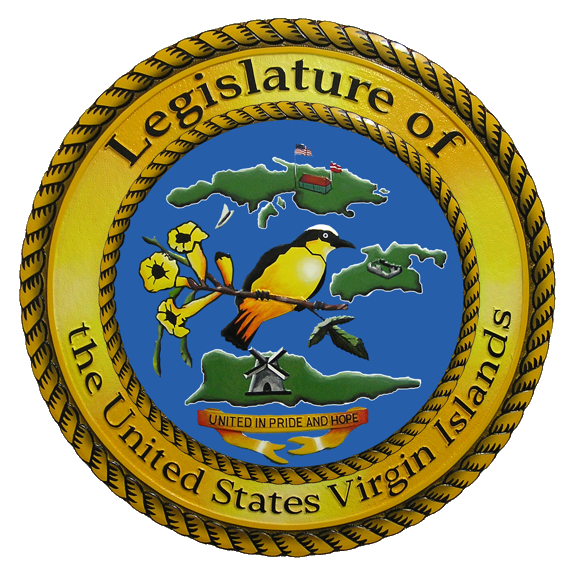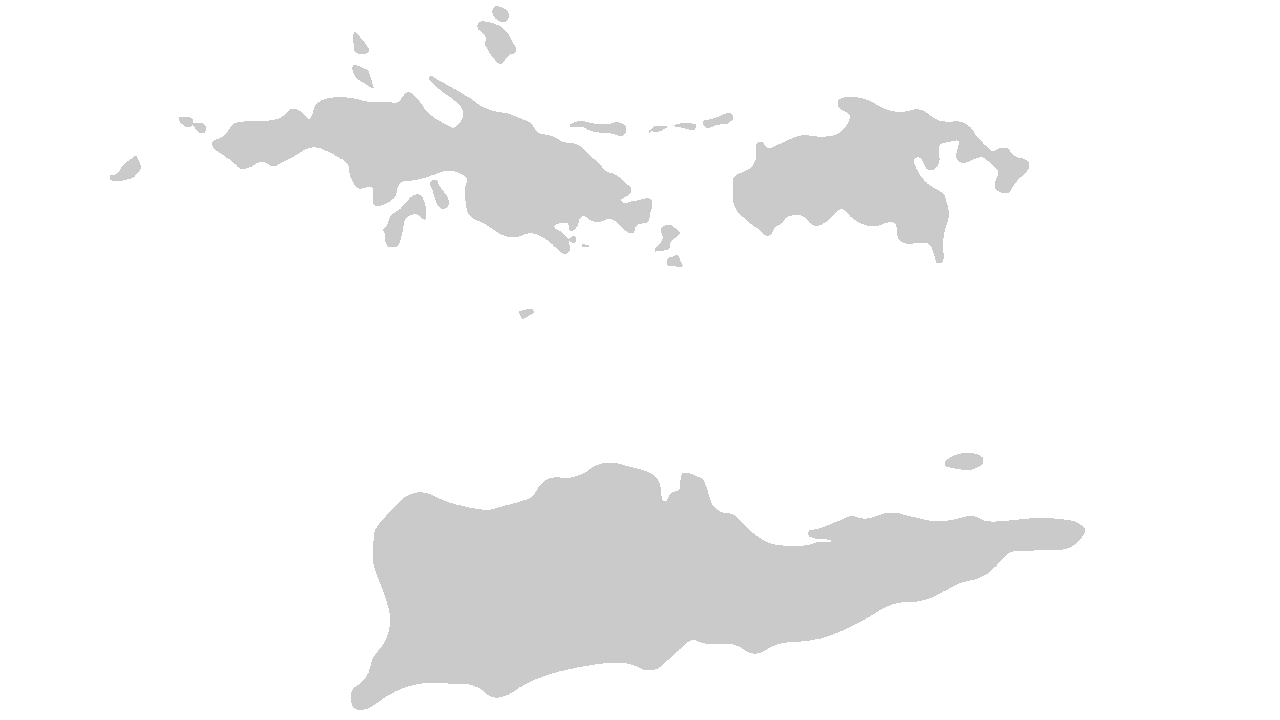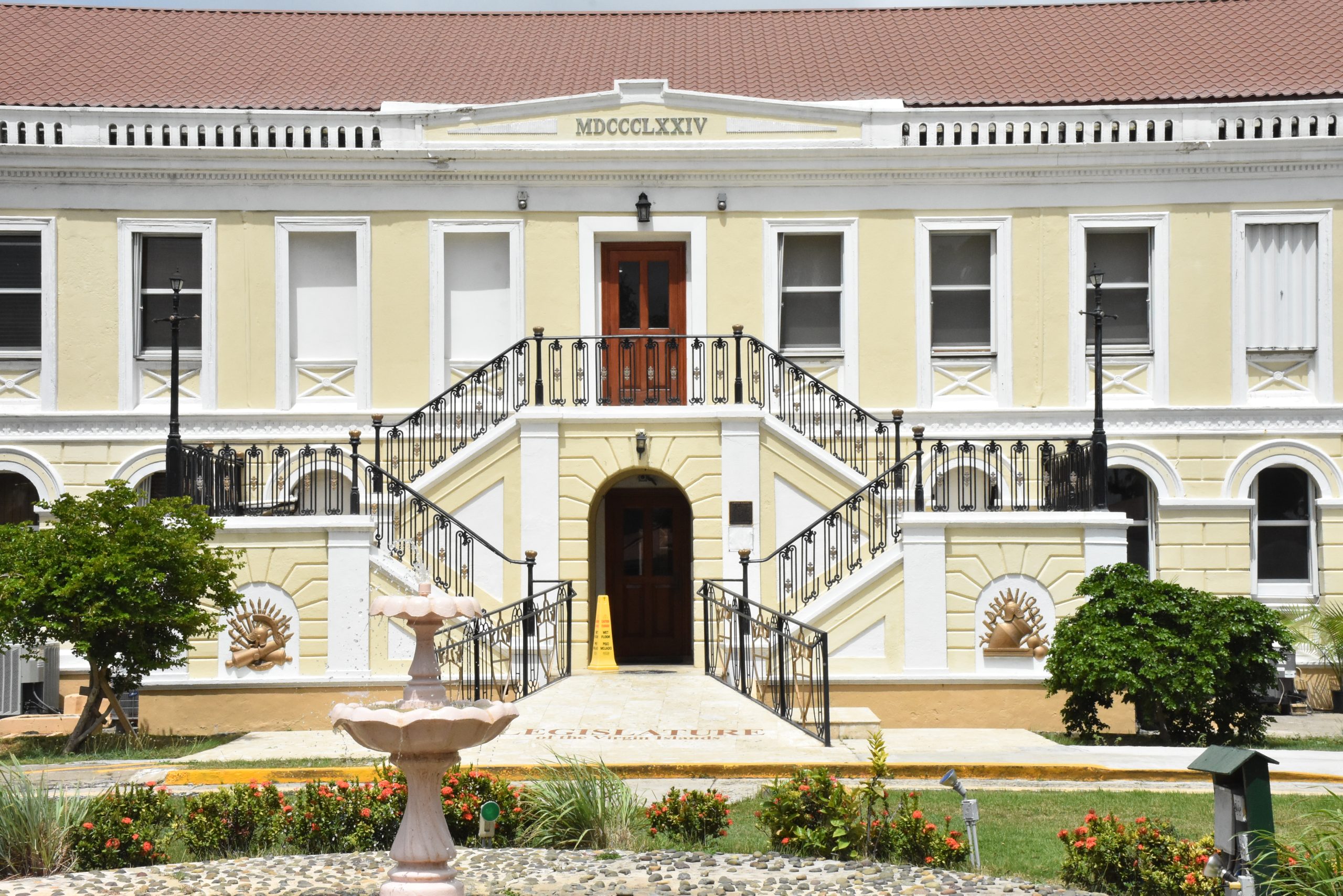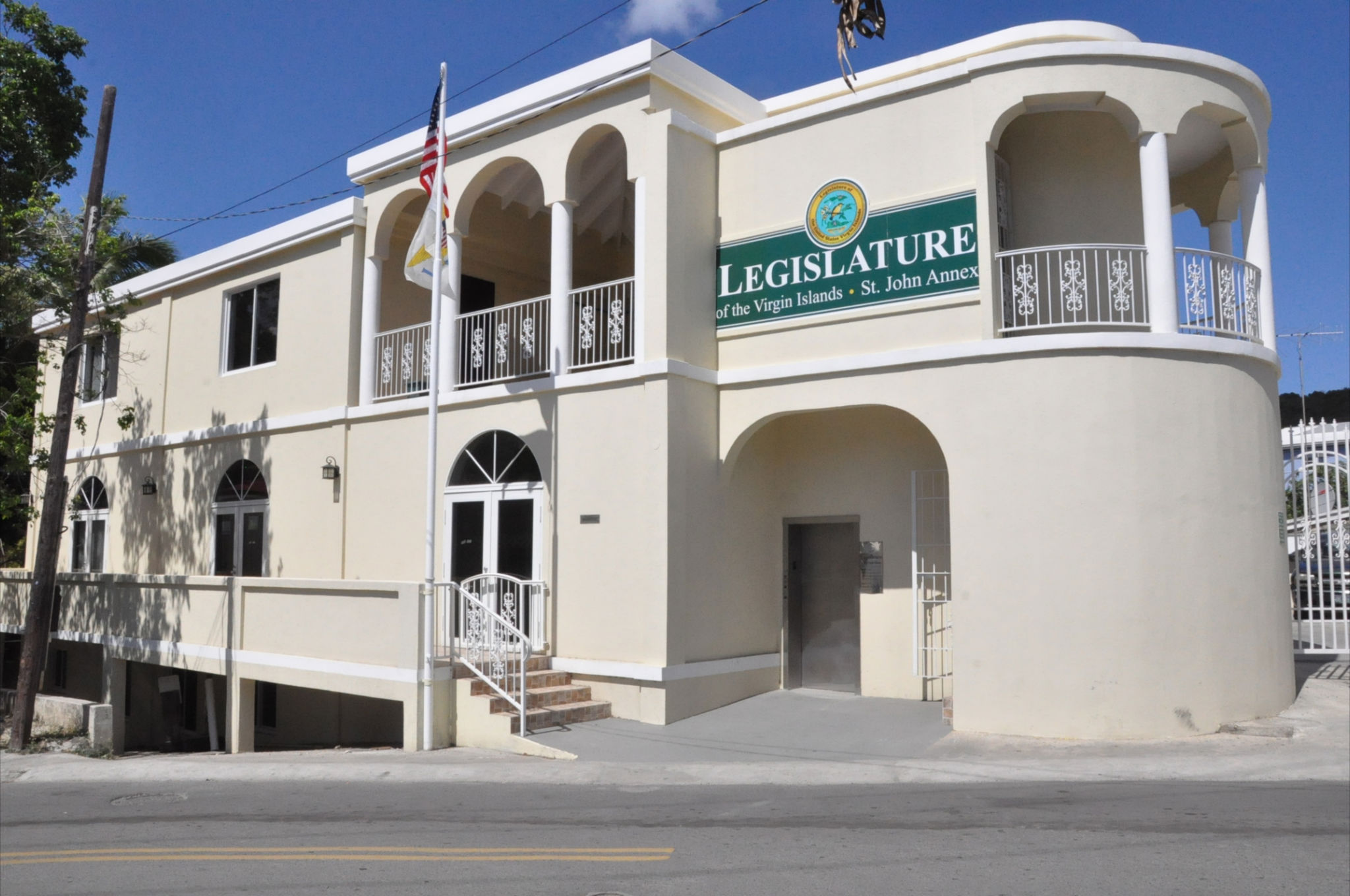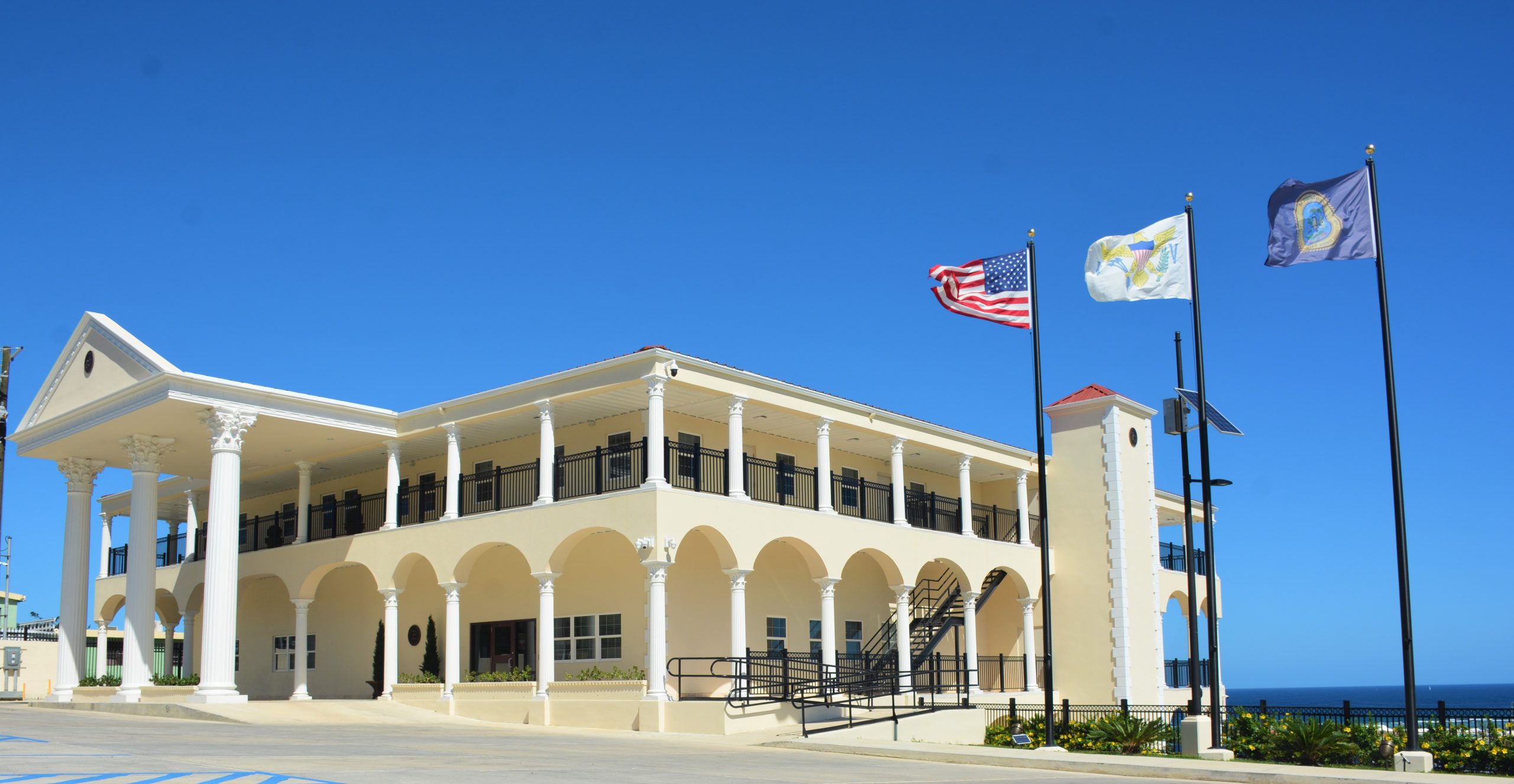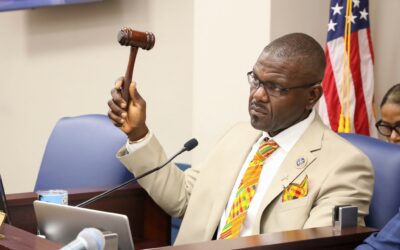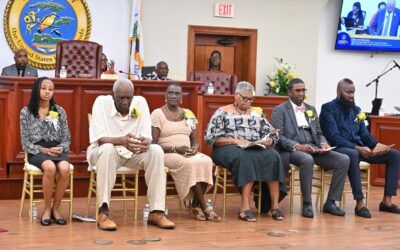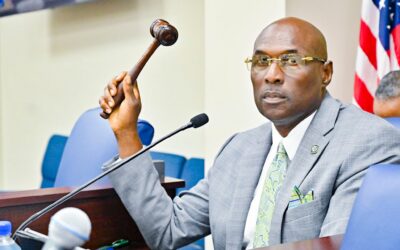ST. THOMAS, VI – The 36th Legislature of the Virgin Islands’ Committee on Health, Hospitals, and Human Services, led by Senator Ray Fonseca, met at the Earle B. Ottley Legislative Hall. Lawmakers considered the Caregivers Leave Act. Additionally, legislators received updates from the Medical and Dental boards of the US Virgin Islands. The approved item on today’s agenda will be forwarded to the Committee on Rules and Judiciary for further consideration and action.
Senators considered Bill No. 36-0086, An act amending title 3 Virgin Islands Code, chapter 25, section 590b, the Caregivers Leave Act. The measure was sponsored by Senator Novelle E. Francis Jr.
Cindy Richardson, Director of the Division of Personnel said that the Department has already begun drafting rules and regulations and preparing to distribute informational guidance to the Government of the Virgin Islands employees regarding their entitlement to caregiver leave under the existing statute, 3 V.I.C. § 590b. In addition to the existing authority under this statute, the Government of the Virgin Islands also recognizes caregiver responsibilities as a valid base for leave through the Donated leave Program established under 3 V.I.C. § 583b. Within the requirements of the law, this program allows eligible government employees who are the primary caregiver of a seriously ill spouse, child, parent, or anyone who is their legal dependent, to received donated leave from fellow employees.
A proposed amendment to the measure would clarify the scope and administrative authority. It would limit coverage to employees of the Government of the Virgin Islands, including autonomous and semi-autonomous agencies. The amendment would also expand the definition of caregiver. This would integrate language to extend caregiver coverage to employees caring for elderly or dependent adults, by incorporating this category directly into the main definition within section (b). Richardson addressed concerns about abuse of the system, stating that measures would be taken to verify caretakers have been doing their duties.
Troy de Chabert-Schuster, State Director of AARP of the Virgin Islands, voiced strong support for the proposed measure. De Chabert-Schuster said that the need for caregiver support in the territory is paramount as the territory ages. Approximately 1 in 4 Virgin Islanders are over the age of 60 according to the 2020 Census. Virgin Islanders are living longer, but not necessarily healthier and families are managing more complex medical needs and the need for more caregivers is imminent. In the United States Mainland, approximately 1 in 5 adults, or about 63 million Americans serve as family care givers, often while maintaining full time employment. According to AARP’s 2023 Publication, Valuing the Invaluable, it said that these caregivers provide an estimated $600 billion in unpaid labor each year, equal to almost three times the Medicaid budget. However, only about 27% of these workers have access to paid family leave benefits. Shuster said that by adopting the proposed measure, the Virgin Islands would model forward thinking, responsible workforce policy for both the public and eventually the private sectors.
De Chabert-Schuster advocated for further accountability and safeguards against fraud and abuse within the measure. He suggested that the measure should require proof of caregiving responsibilities within a reasonable time, suggesting a period of 5 or more working days when permittable. He recommended that the benefit should be defined as non-accrual, meaning it cannot be accumulated. Furthermore, De Chabert-Schuster encouraged the body to consider similar measures for the private sector.
Tracy Stewart Sanders, President of Continuum Care Home Health, LLC testified on the critical role of caregivers in supporting seniors and individuals with serious illnesses. Sanders’ organization, the first Medicare certified hospice in the region, provides home hospice and personal care across the territory. She emphasized the importance of personal care attendants in helping seniors with daily activities to prevent unnecessary hospitalizations. Sanders informed the body of the grueling nature of caregiving, which often will fall on family members with little to no training, as well as describing the wide range of responsibilities that they have, from personal hygiene and mobility assistance to medication management and communication with medical professionals.
Sanders advocated for paid leave policies that would allow caregivers to accompany loved ones to medical appointments, ensuring they receive vital health updates and education directly from practitioners. She recommended that each family member designate one care giver to maintain continuity of care and proposed that the proposed measure, while initially geared towards qualified care givers, could also encourage the private sector to adopt similar measures through incentives like tax breaks. Additionally, Sanders acknowledged the financial and logistical challenges of hiring qualified caregivers and stressed the needs for safeguards and verification systems to ensure program integrity and effectiveness.
Chair Fonseca said that the measure resonated with some personally. Fonseca said that he served as his mother’s caregiver when she had dementia, saying that it was very demanding. Vice Chair Hubert Frederick lauded the measure, saying that the measure was needed, saying that we need to pay more attention to situations like this, stating that the population was aging. After further discussion, the proposed measure was voted upon favorably.
Legislators also received formal updates from the Medical and Dental Boards of the United States Virgin Islands.
Dr. Frank Odlum, Chairman of the Virgin Islands Medical Examiners Board delivered testimony. The VI Board of Medical Examiners is comprised of seven members, four physicians and three lay members. Of the four physicians, two are appointed from the St. Thomas-St John District and two are from the St. Croix District. The remaining three members are appointed one reach from the respective island of St. Thomas, St. Croix, and St. John. Five members are serving in a holdover capacity, as their terms expired in 2023, pending reappointment or replacement by the Governor. There are currently two public member vacancies, one representing St. Thomas and one representing St. John. The day-to-day operations of the Board are administered by the Office of Professional Licensure and Health Planning, which employes three full time staff members and is also responsible for the management and oversight of 8 professional boards that operate under the Department of Health. Odlum stated that the board faces a mix of success, challenges and evolving needs in the current healthcare landscape. Accomplishments include creation and operation of the board’s website as well as all board being provided email addresses through the Bureau of Information Technology to reduce risks associated with recordkeeping, confidentiality, legal compliance, security breaches, and spam. All board meetings are now conducted via Microsoft Teams, which allows a secure platform to conduct business.
The board is pursuing community outreach initiatives that would enhance transparency and raise public awareness about healthcare standards and regulatory issues. These include efforts such as launching a newsletter for licensees and the public, as well as broader collaboration with the healthcare sector. Under Act 8456, the Board has successfully provided quorum to smaller boards, including Physical Therapy, Optometrical Examiners, and Podiatry, ensuring continued operations, despite not being the subject matter experts. The unification of these boards is currently being considered to improve governance and efficiency. Additionally, the Board is working with the Virgin Islands Police Department to meet FBI requirements for an Originating Agency Identifier (ORI), a critical step toward implementing mandatory criminal background checks for new licensees and joining the Interstate Medical Licensure Compact. Over 25 states take part in the Compact, which offers expedited licensure for physicians. Odlum voiced the need to improve standards which would improve the board’s function and access to services. This included developing a Local Administrative Procedures Act to govern and standardize the operations of all professional boards under the Department of Health’s umbrella. It is also awaiting the review and promulgation of draft rules and regulations sent to support the Medical Practice Act. It also seeks to implement online payment capabilities for its special account for application and license verification fines and fees.
Dr. Trevor Connor, DDS, Chairman of the Virgin Islands Dental Board delivered testimony. The Virgin Islands Board of Dental Examiners is a seven-member body comprised of three dentists representing the St. Thomas-St. John District, two dentists representing the St. Croix District, One Dental Hygienist, and one lay member. The Board meets on a quarterly basis, holding meetings virtually through Microsoft Teams. During these meetings, the board undertakes the review and deliberation of license applications, complaints, and requests, in addition to addressing other regulatory matters within its purview. Decisions are made through majority consensus of the members present. The Director of the Office of Professional Licensure and Health Planning (PLHP) prepares the meeting agenda.
Connor said that there are currently no severe challenges to the operations of the Board, but voiced concerns as it pertained to two current vacancies on the board, due to their retirements. Although the board does currently have a quorum, board functions can stall if there are any challenges with a member. Additionally, Connor said that it would be beneficial if the board had a dedicated legal representative to w the board which would help with complaints being addressed quickly.
The Board’s activities focus on meetings for considerations of new applications, renewals, and complaints. In the US Virgin Islands, each dental practitioner must renew their license every two years. Each dental practitioner must also complete 30 hours of continuing education before renewal. The Board licensure period is biennial, beginning on October 1st on even number years. The next renewal cycle starts October 1, 2026. Recent statistics show that 86 dentists renewed their license by the September 30, 2024, deadline. 16 applications for Dentists’ licenses were approved since October 1, 2024. 43 dental hygienists renewed their licenses by the September 30, 2024, deadline. 14 new dental hygienists’ applications were approved since the start of the biennial licensure period.
The renewal process has been successfully automated for the past two renewal cycles, allowing PLHP staff to review and approve license renewals efficiently. Connor voiced the desire to start a dental hygiene training program, which would build a local dental workforce and improve care quality. This would address the regional shortage of dental hygienists and would support retention of local talent and would reduce reliance on mainland professionals. Connor said that there is often major interest from younger people that wish to pursue careers in dental hygiene but are often discouraged due to financial and logistical barriers.
Senators present at today’s Committee hearing included Ray Fonseca, Hubert L. Frederick, Marvin A. Blyden, Alma Francis Heyliger, Novelle E. Francis. Jr., Kenneth L. Gittens, Carla J. Joseph, Clifford A. Joseph, Sr., Avery L. Lewis, and Milton E. Potter, and Kurt A. Vialet.
The Division of Public Affairs is committed to providing the community with accurate information on legislative proceedings and other events at the Legislature of the Virgin Islands. Visit legvi.org.
####
